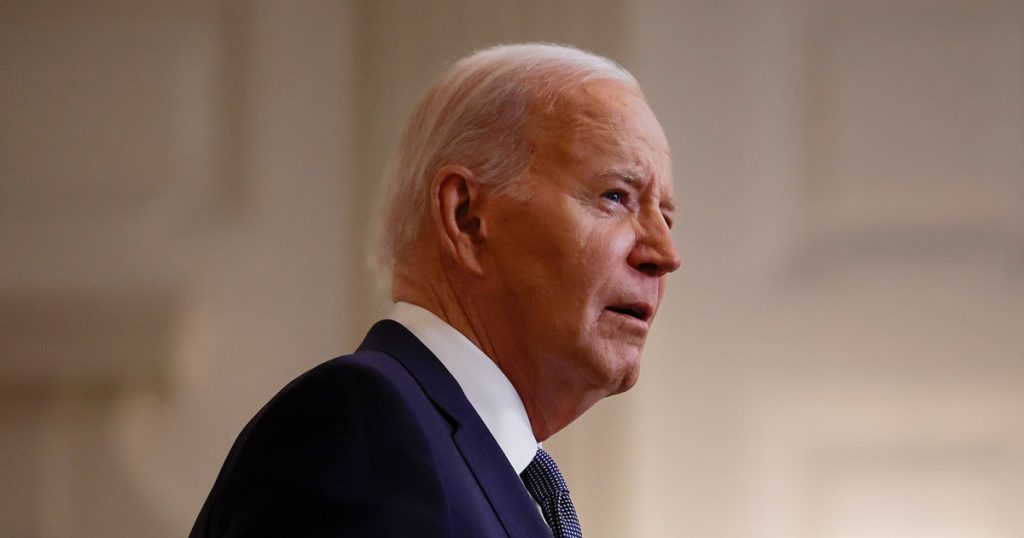President Biden’s recent speech has intensified pressure on Israeli Prime Minister Netanyahu, both domestically and internationally. Two right-wing ministers threatened to withdraw from the coalition government if Netanyahu agrees to the cease-fire deal proposed by Biden. The families of Israeli hostages, including Rachel Goldberg-Polin whose son has been held in Gaza since October, are advocating for a deal that could secure the release of their loved ones. Goldberg-Polin expressed hope but remained cautious, emphasizing that hostages should not be counted until they are safely home.
Israeli government officials have faced criticism from families of hostages, who urge prioritizing their safe return over continuing the war. Goldberg-Polin highlighted the toll that nine months of captivity has taken on the hostages and their families, calling for swift action to secure their release. The Biden administration has maintained pressure on Israel, with Secretary of State Antony Blinken commending the proposed cease-fire and placing the responsibility on Hamas to accept the deal. The proposed truce would provide much-needed relief to Palestinians in Gaza, where over 1 million people have been displaced by Israel’s military operations.
Despite Biden characterizing the cease-fire proposal as Israeli, Netanyahu has not yet publicly responded, leaving the official Israeli position unclear. Netanyahu’s office released a statement asserting that Israel’s conditions for ending the war remain unchanged, and a permanent cease-fire is contingent upon meeting those conditions. However, Ophir Falk, chief foreign policy adviser to Netanyahu, indicated that Israel is not rejecting the proposed deal, emphasizing the desire for the safe release of the hostages. Netanyahu’s response to the cease-fire proposal and ongoing conflict in Gaza has significant implications for domestic politics and international relations.
The unrest in Gaza has prompted increasing demands for a diplomatic resolution to the conflict, with international pressure mounting on both Israel and Hamas to reach a cease-fire agreement. The plight of Palestinian refugees, as highlighted by the United Nations Relief and Works Agency (UNRWA), underscores the urgent need to address the humanitarian crisis and ensure the safety and well-being of civilians caught in the crossfire. The ongoing military operations in Rafah and the displacement of a significant portion of the population further underscore the importance of finding a peaceful resolution to the conflict.
The delicate balance of power within Netanyahu’s coalition government adds a layer of complexity to the situation, with internal tensions threatening to destabilize the government. The ultimatum issued by right-wing ministers underscores the challenges faced by Netanyahu in navigating the competing demands and interests within his government. The outcome of the cease-fire negotiations and the fate of the hostages held in Gaza will have far-reaching implications for Israeli politics, regional stability, and international relations. The coming days will be critical in determining the course of action and the potential for a resolution to the ongoing conflict in the region.


